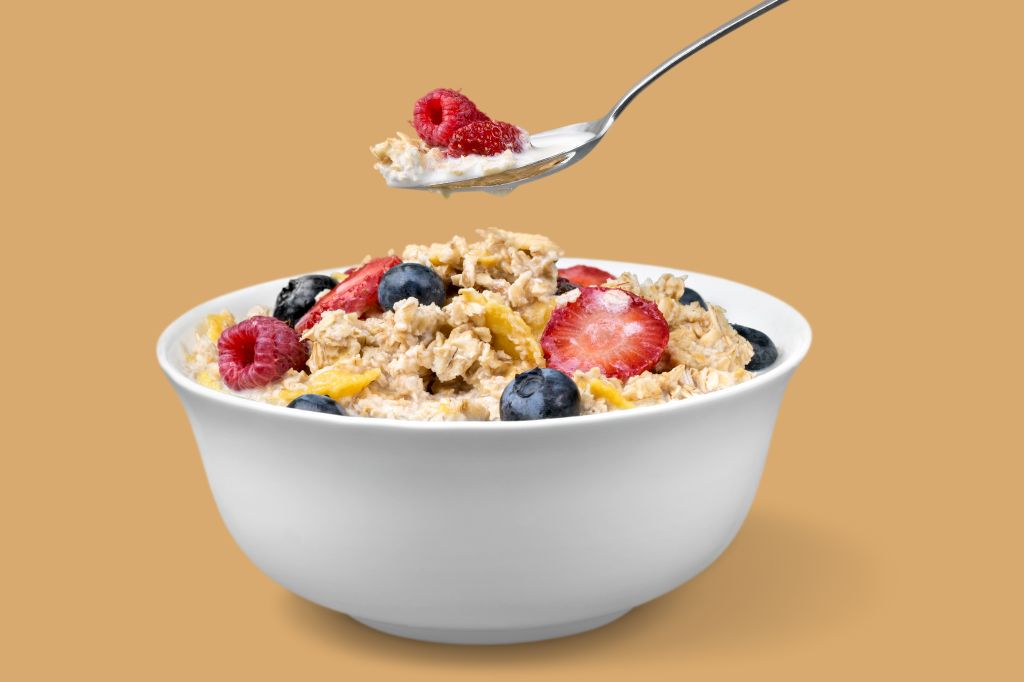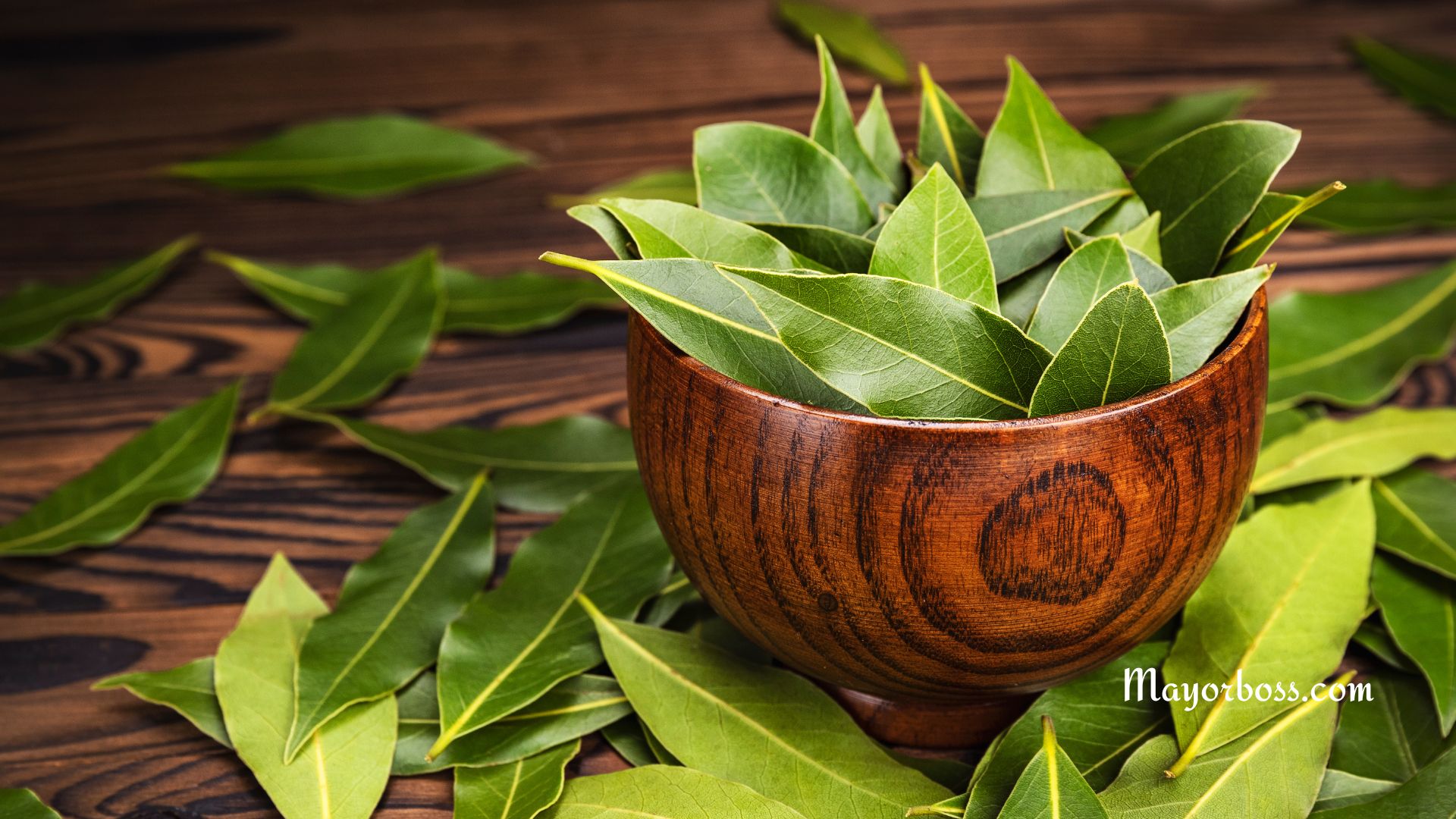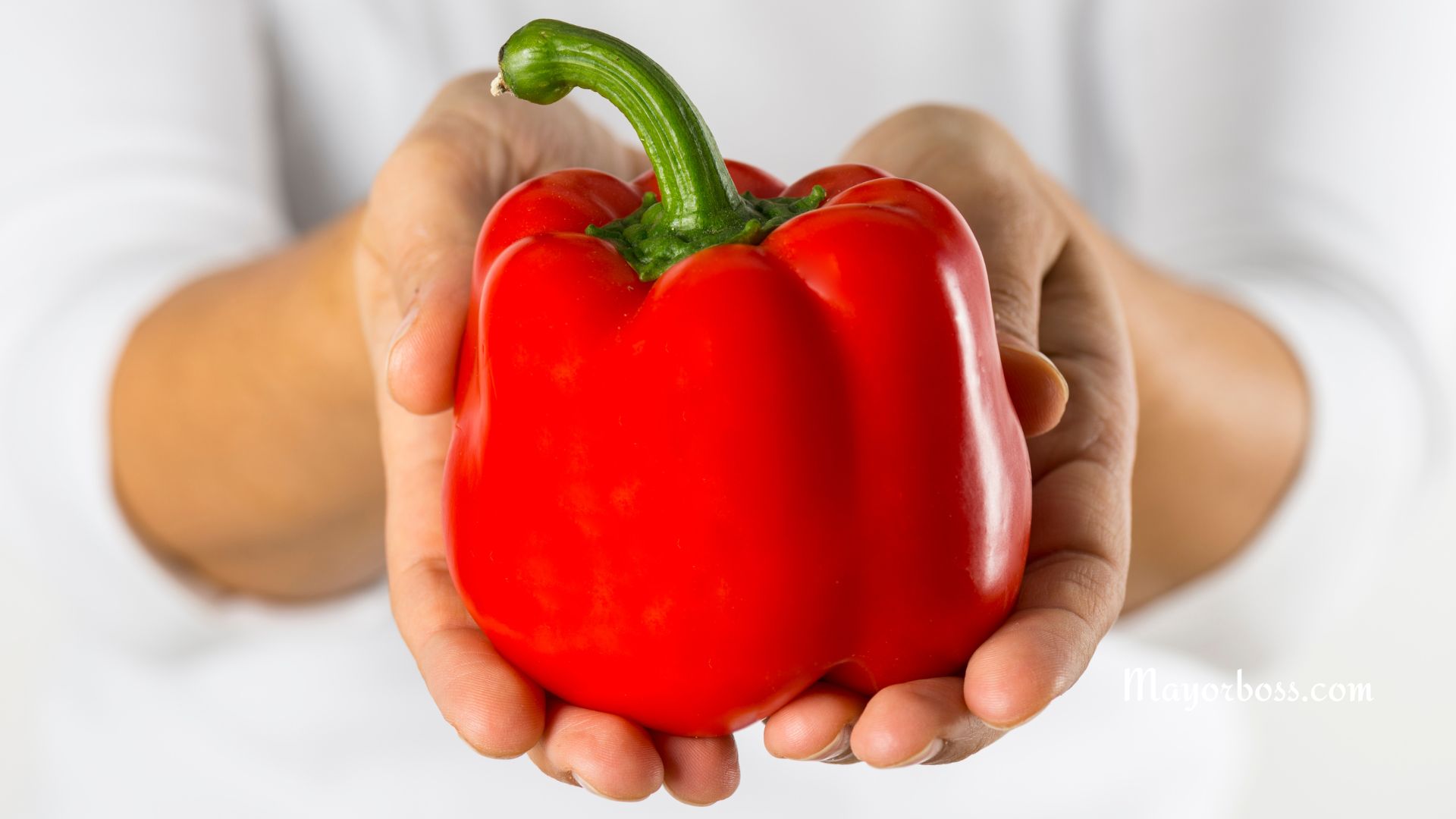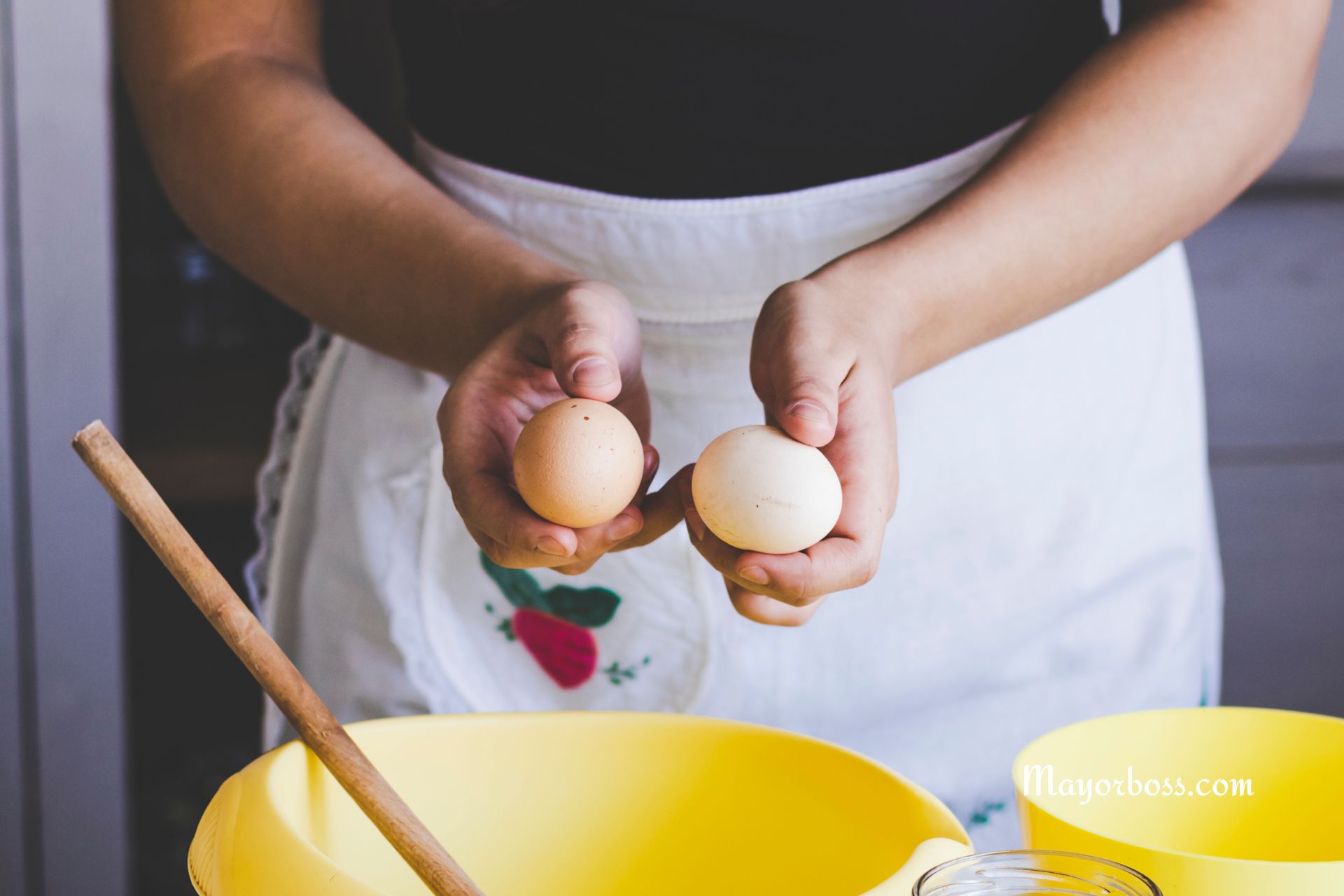4 Foods That May Be Making You Gassy
If you’re reading this, you’re probably feeling bloated and uncomfortable. You might even be letting out a few unpleasant gas bubbles right now. Trust me; I know how you feel. It’s not a great feeling to have, but don’t worry. You’re not alone, and I’m here to help.
The Gas Problem
Gas is a natural bodily function. It’s normal to release it 10-20 times a day, but when it becomes excessive and starts to interfere with your daily life, that’s when you need to start thinking about what you’re eating.
The Foods That May Be Making You Gassy
There are several foods that could be making you gassy, and the good news is that it’s usually pretty easy to figure out which ones they are. I will highlight six common culprits that may make you gassy.
1. Cruciferous Vegetables
First up on my list are cruciferous vegetables, such as broccoli, cauliflower, cabbage, and Brussels sprouts. While these veggies are packed with nutrients and antioxidants, they also contain a type of carbohydrate that’s difficult for some people to digest.
This can lead to gas and bloating. If you’re experiencing discomfort after eating these veggies, doctors and dietitians recommend cooking them instead of eating them raw. Cooking can make them easier to digest.
2. Legumes
Beans and lentils are fantastic sources of protein, fiber, and other essential nutrients. However, they can also be one of the biggest culprits of gas and flatulence. Why? Because they contain a type of carbohydrate called oligosaccharides, which the body can’t break down easily. When the oligosaccharides reach the large intestine, the bacteria there will attempt to break them down, producing gas in the process.
If you love beans but hate the gas, try soaking them overnight before cooking or using canned beans instead. Both of these methods can help reduce the levels of oligosaccharides in the beans, making them easier to digest.
3. Dairy Products
Dairy products such as milk, cheese, and yogurt are high in lactose, a sugar that some people have trouble digesting. This can lead to gas, bloating, and diarrhea.
If you’re lactose intolerant, you may want to avoid dairy products altogether. Alternatively, you can try lactose-free milk or yogurt, which are readily available in most grocery stores. You can also try non-dairy alternatives such as almond milk or soy milk.
4. Carbonated Beverages
Carbonated beverages such as soda, beer, and sparkling water can cause gas and bloating, as they contain carbon dioxide, which can build up in your stomach. Additionally, many carbonated beverages contain artificial sweeteners, which can also cause gas and bloating.
If you’re feeling gassy, you may want to avoid carbonated beverages and opt for still water, herbal tea, or natural fruit juice.
There you have it!
Those are four common foods that may be making you gassy. If you’re experiencing excessive gas, bloating, and discomfort after eating these foods, try reducing or eliminating them from your diet.
Additionally, make sure to drink plenty of water and eat a balanced diet of whole grains, fruits, vegetables, and lean proteins. These simple dietary changes can help reduce your gas and make you feel more comfortable.
References
- Eating, Diet, & Nutrition for Gas in the Digestive Tract. National Institute of Diabetes and Digestive and Kidney Diseases.
- Sensitive Stomachs: Secrets to Gas Control. WebMD.
- How to Ease Gas Pain. Mayor Boss.






